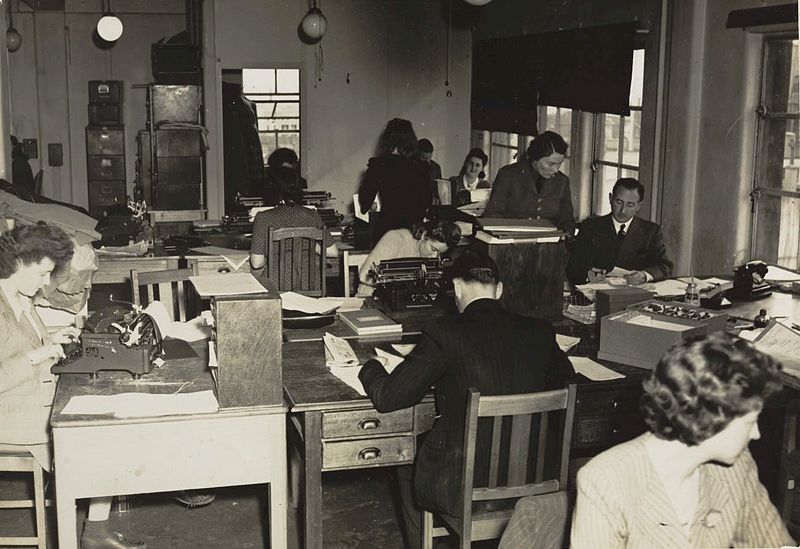April 16/Thursday in the Octave of Easter
What are human beings that you are mindful of them, mortals that you care for them?
Yet you have made them a little lower than God, and crowned them with glory and honor.
You have given them dominion over the works of your hands; you have put all things under their feet. ~ Ps 8.4-6

As the world has been brought to its knees by the spread of a contagion, it is an opportune moment to ask some questions about the role that humans play, and should play, in the universe. Why are we here? What have we done to ourselves? And what ought we to do now? It is a moment that calls for humility, not braggadocio; for reflection, not off-the-cuff pronouncements; for prayer, not posturing. And it is a moment, paradoxically, to focus on God as the source of being and goodness in the world. The German-Dutch medieval mystic Thomas à Kempis, meditating on Psalm 8 in his classic work The Imitation of Christ, puts it another way: “What have we done that you should give us your grace?” His answer mirrors that of the psalm: we can do nothing on our own, we have nothing of ourselves that is good. In the face of our endless inadequacies — our indifference, our laziness, our selfishness, all the daily shortcomings that create a world of suffering — God loves us beyond reason, never failing to “remember” us (the Hebrew translated here as “mindful”) and to care for us. And He has elevated each of us, as one commentator aptly summarized, to be “an official in the administrative arrangement of the kingdom of God.” Our job description is simple and direct: we must love. As God’s middle managers on earth, we are to remember and care both for our Creator and for the entire world that He has created — what the psalmist calls “the works of your hands.” In its purest form, our task is to be in relationship. By strengthening the bonds we have, we will pull together, and we will pull out of the fog of difficulty and hardship that now surrounds us.
Almighty God, Imbue in me a deeper awareness of the complexity and beauty of the world you have created, and guide me to love and serve all you have made. Amen.
To hear English tenor Julian Podger sing “Sed Quid Est Homo?” by Belgian composer Henri Jacques de Croes, click here: https://www.youtube.com/watch?v=VB9TuuIty4E
For today’s readings, click here: http://www.usccb.org/bible/readings/041620.cfm